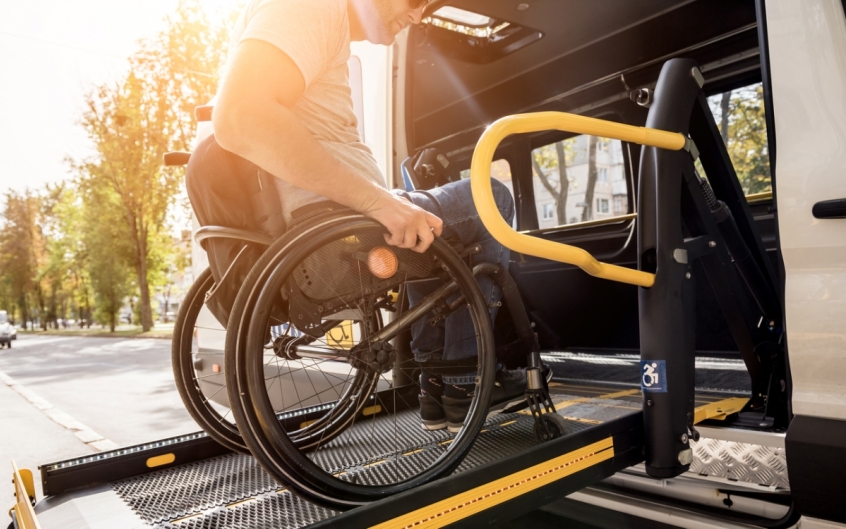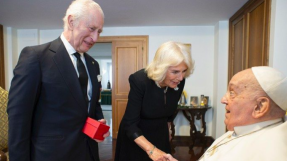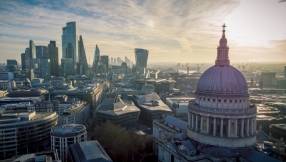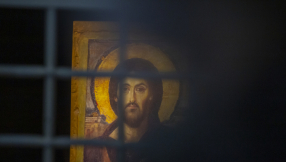
'International Day for Persons With Disabilities'. It's on 3 December every year, it's a bit of a mouthful to say, but it's well intentioned. In the UK, most disabled people would prefer it to be for 'Disabled People' and not in 'person first' language. But, as I said, it's well intentioned and we are but one country in what is an international day.
There's another problem - a lot of disabled people see the day as a waste of space. One day of the year where virtue-signalling companies share stories of how some people have miraculously risen above the 'tragedy' that is disability. Some call this 'inspiration porn'. It's also just one day. For all the rest of the year, injustice still happens.
This article came out in time for this inauspicious day, showing us that two years ago, one in five employers said they would be very apprehensive about appointing a disabled person to a senior position. This year, one in five employers wouldn't hire a disabled person at all.
And this coming at a time when we're halfway through 'Disability History Month' - a month that spans one half of November and one half of December, which I find slightly odd!
Disability doesn't have much positive history. There is a lot to celebrate when rights have been given, such as disabled children being given the right to education in 1970. Then there are the protests that saw disabled people chain themselves to buses, eventually giving us ramps and wheelchair spaces on modern buses. Sadly those spaces are often full of luggage or baby buggies and the ramps are broken or the bus driver won't deploy them.
But there are other things in our history that should shame the human race, and that even today still exist. In history, disabled people were locked away and freedoms removed. Isn't it great we don't have that now? By the way, that last line was pure sarcasm. It is happening today.
In the past, disabled people were left to die. It's not quite the same today, but we are still pushed towards 'do not not resuscitate' orders - even though we are living full and happy lives and want to be resuscitated if we are seriously ill. Add to that the fact that many are fearful of the assisted dying bill, because we can see where it could lead.
Disability rights are going backwards while hate crime is rising. I find it strange that no one is pulling down statues of historical people who supported eugenics for disabled people - even though there were lots of them.
So what about the Church? I'll start with a leftfield nugget of information. Those really ancient churches with pews weren't built with pews. People stood for the service. There were 'feeble seats' built around the edges for the 'infirm', but no seats. So there was a recognition of ambulatory disability, but probably mainly in the upper classes.
Now we have campaigns to keep the churches as they were. That is, with pews, when removing them would help people - and not just people with disabilities. Go back to no seats if you must, but do put in a ramp so I can bring my own chair!
A bit more history: in Victorian times (give or take a few years either side), some of the rich churchgoers were philanthropists and they would give to institutions that housed those with disabilities. This giving was done with very good intentions, so I'm not saying that was wrong. But as a Church have we moved from that view of pity and the view of the disabled person as someone we do 'good things to' rather than teach, disciple and even allow to lead?
Is disability still seen as a tragedy that needs to be fixed? Where there are disabled people in ministry, do we see them as 'an inspiration' just because of their disability, or a person gifted by God to minister?
This International Day for Persons With Disabilities, could I ask you to pause and think? How welcoming are you as a church? Do you love, include and disciple people with disabilities just like you would anyone else? And do you train disabled people into leadership roles?













